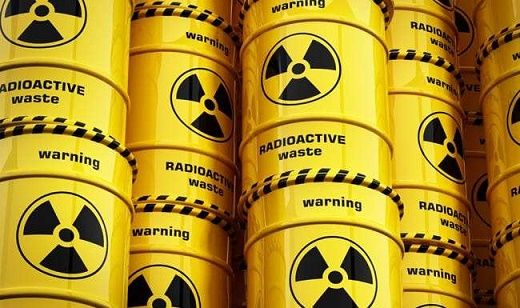According to Maersk Oil, restructuring within the company has been the cause of it having taken 18 months to respond to a number of demands from the authorities regarding 450 tonnes of low-level nuclear waste stored in Esbjerg.
READ ALSO: Risø to continue as Denmark’s nuclear waste storage facility
Back in July 5 last year, the Danish health authority, Sundhedsstyrelsen, contacted Maersk regarding the waste because it was felt that it was not being stored safely, reports DR Nyheder.
Deadline after deadline
The company was supposed to comply with a number of the authority’s demands by 1 September 2016, but missed at least four of the deadlines. It was then given until 1 November 2016 to comply, but failed to do so, resulting in another postponement until March 17 this year.
However, on March 20, the authority noted that it “had not heard anything” from Maersk and the company later confirmed by telephone that it had not sent off the required documents. Another deadline was then set for March 24 – which also passed.
This resulted in a communication from the authority reading: “SIS draws the attention of Maersk Oil and Gas to the fact that non-compliance with the demands from Sundhedsstyrelsen could result in a fine.”
A new look at the procedures
This evidently had some effect because on May 8 the authority confirmed that it had received the major part of the required paperwork. However, there were still a few things outstanding and Maersk was requested to send this by May 18 at the latest.
Maersk has finally complied with nearly all the demands, but together with the company the authorities have decided to carry out an analysis of their radioactive waste that will only be finished in 2019.
The company insists it is acting within the law and it is co-operating fully with the authorities.
“We are in regular dialogue with the authorities on this issue and we have implemented a number of measures to improve the handling of our stockpile of low-level waste,” the company said in a written statement.















